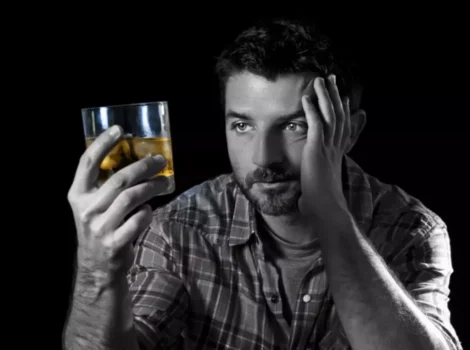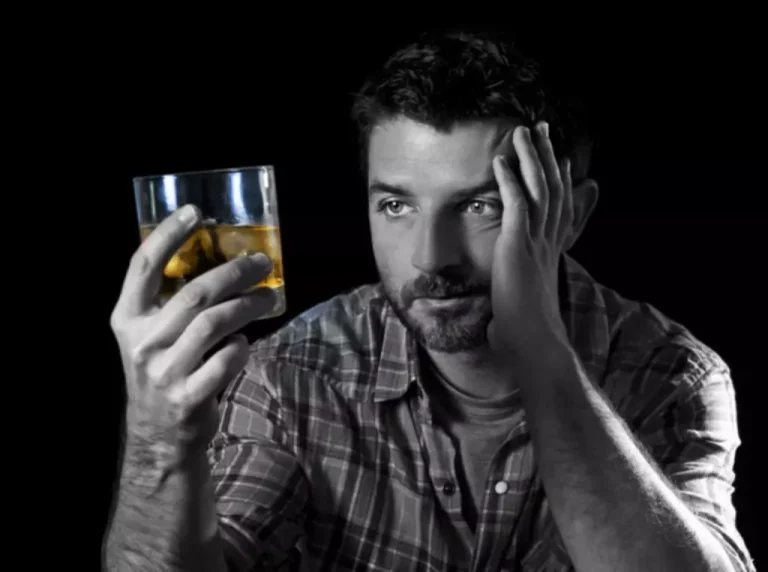
Symptoms of binge drinking can be hard to decipher, especially for older adults. The body’s ability to retain water decreases with age, so older adults feel the effects of alcohol faster. Older adults also metabolize alcohol differently, Koob says. No matter how you choose to support your loved one’s efforts to stop binge drinking, remember you’re not their therapist.
Contents
symptoms women over 40 should never ignore
Therefore, alterations in liver function due to alcohol consumption may result in altered metabolism of the exogenous gonadotropins used in IVF, as well as the estrogen response of ovarian follicles to stimulation. In theory, these hormonal shifts could result in abnormal folliculogenesis and impaired endometrial receptivity. Figure 3 The systemic effects of chronic binge alcohol consumption and the principal organ systems affected. The systemic effects of chronic binge alcohol consumption and the principal organ systems affected. Binge drinking involves a pattern of short but heavy bursts of alcohol use. When you drink like this, you consume enough alcohol over the course of two hours to raise your blood alcohol concentration to the legal limit of intoxication (0.08 percent in the U.S.) or higher.
- Generally, this is around four drinks for women and five drinks for men.
- This is sometimes called the “5+/4+ rule” (5-plus/4-plus rule) of binge drinking.
- Teens who drink are also more likely to struggle with school, use other risky substances, or experience alcohol poisoning.
- You don’t have to give up drinking entirely—there’s plenty of middle ground between binge drinking and total abstinence.
- Because excessive alcohol use impairs judgment and inhibitions, it can lead to risky behavior that can come with some serious consequences.
Health effects of binge drinking
- But as you continue to drink, you become drowsy and have less control over your actions.
- It’s easy for teens and young adults who aren’t sure how much alcohol they can handle to go past their limits.
- For an average-sized person, the liver can only break down about one standard drink per hour.
- The cost of excessive alcohol use impacts everyone, whether they drink or not.
- Things like trouble concentration, slow reflexes and sensitivity to bright lights and loud sounds are standard signs of a hangover, and evidence of alcohol’s effects on your brain.
After more analysis of the research, that doesn’t seem to be the case. In general, a healthy diet and physical activity have much greater health benefits than alcohol and have been more extensively studied. In the United States, moderate drinking for healthy adults is different for men and women. It means on days when a person does drink, women do not have more than one drink and men binge drinking effects do not have more than two drinks. If you’re a binge drinker, the first step to changing your drinking problem is to understand what factors drive your behavior.
Risk factors

Wait until you’re both able to have a clear, unrushed, and uninterrupted conversation. Watching a friend or family member struggle with a binge-drinking habit can be difficult, even heart-wrenching. You’ll likely be there to witness their most reckless behavior, painful hangovers, and their sense of shame and depression afterwards. Therefore, drinking more water won’t necessarily protect you from a hangover the next day. The only sure way to reduce or avoid a hangover is to drink less alcohol.

More Millennials and Gen Xers are getting colorectal cancer. Even young adults should watch for these 7 symptoms

But even low amounts of daily drinking and prolonged and heavy use of alcohol can lead to significant problems for your digestive system. With continued alcohol use, steatotic liver disease can lead to liver fibrosis. Eventually, you can develop permanent and irreversible scarring in your liver, which is called cirrhosis. In the United States, people younger than age 21 are not legally able to drink alcohol. “Studies suggest the injuries sustained from falls while intoxicated tend to be more severe than injuries from falls that do not involve alcohol,” Koob says. The U.S. Centers for Disease Control and Prevention (CDC) estimates that nearly 40% of falls involve alcohol and at least a blood alcohol concentration of 0.10%.

Researchers blame this kind of heavy drinking for more than half of the roughly 88,000 alcohol-related deaths — from car crashes, alcohol poisoning, suicide, and violence — that happen every year. If you drink every day, or almost every day, you might notice that you catch colds, flu or other illnesses more frequently than people who don’t drink. That’s because alcohol can weaken your immune system, slow healing and make your body more susceptible to infection. But there’s plenty of research to https://ecosoberhouse.com/article/cognitive-behavioral-therapy-cbt-for-addiction-and-substance-abuse/ back up the notion that alcohol does lead to weight gain in general. During pregnancy, drinking may cause the unborn baby to have brain damage and other problems. Heavy drinking also may result in alcohol withdrawal symptoms.
- When your liver finishes that process, alcohol gets turned into water and carbon dioxide.
- But both alcoholism and binge drinking can have similar health consequences.
- You might experience adverse effects on your mood while you’re intoxicated and even after you sober up.
- The only sure way to reduce or avoid a hangover is to drink less alcohol.
And prolonged alcohol use can lead to mental health conditions like anxiety and depression. Chronic misuse can also lead to paranoia and hallucinations. “Excessive alcohol consumption can cause nerve damage and irreversible forms of dementia,” Dr. Sengupta warns. Steatotic liver disease used to go by the name fatty liver disease.

When you’re drinking together, remind them of the limit they set for themselves. Alcohol lowers inhibitions and, in the moment, makes you feel more relaxed. Because of this initial effect, people often use alcohol to cope with social anxiety. You might binge drink in order to feel confident talking, flirting, or making jokes with strangers. When you feel isolated or lack direction and purpose, it’s common to turn to alcohol and other drugs to fill that void. For example, you might feel tempted to recline on your couch, drink beer, and watch television simply to kill the hours spent alone.